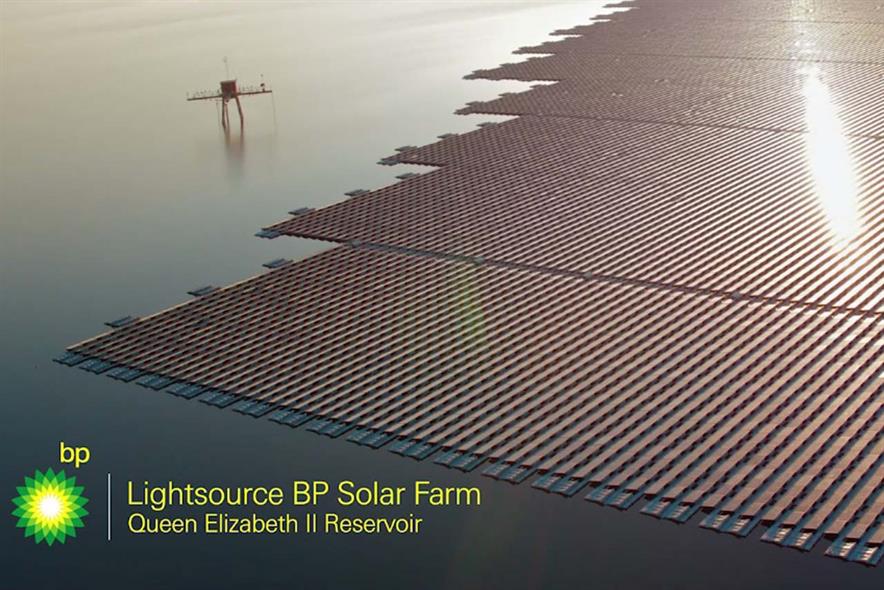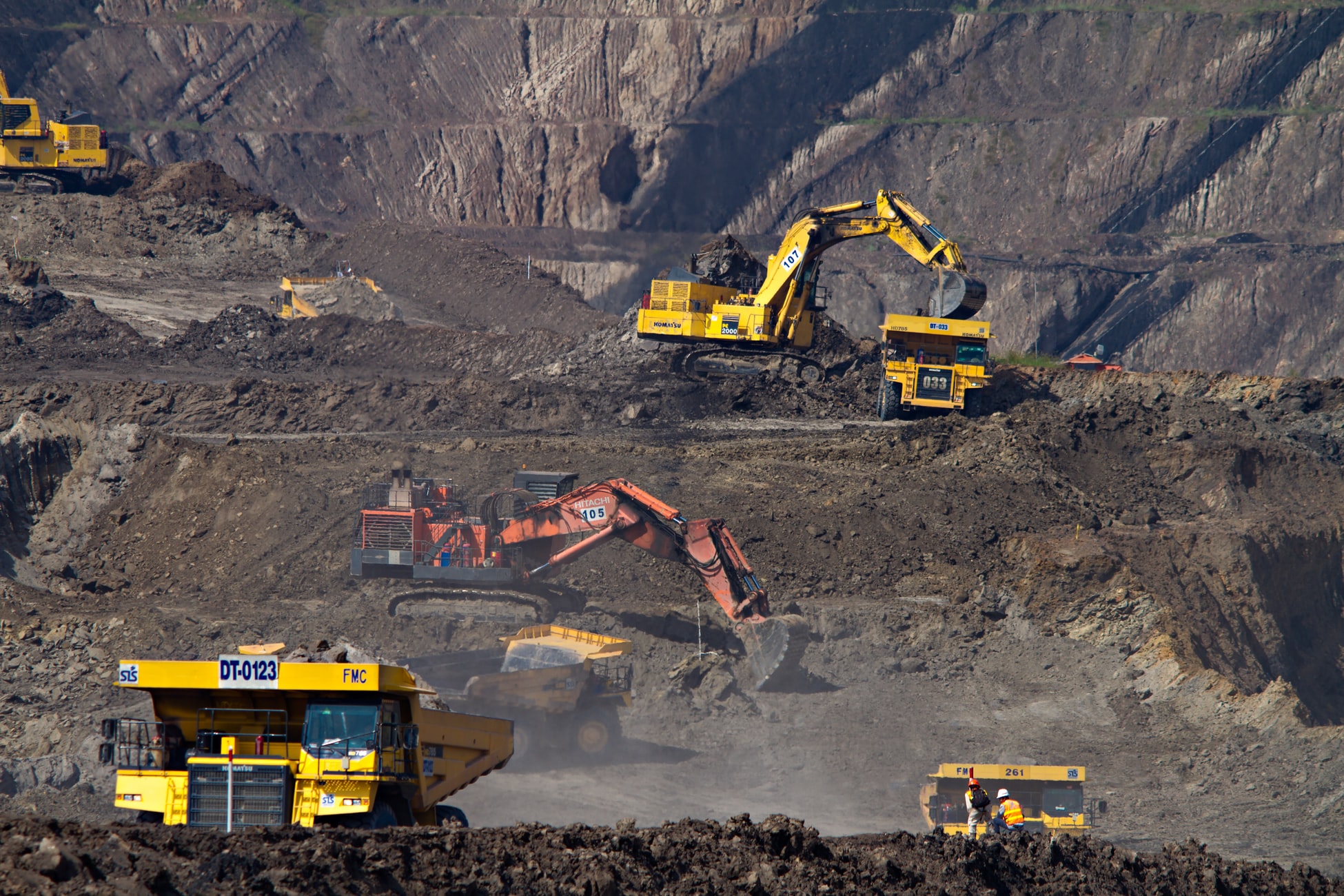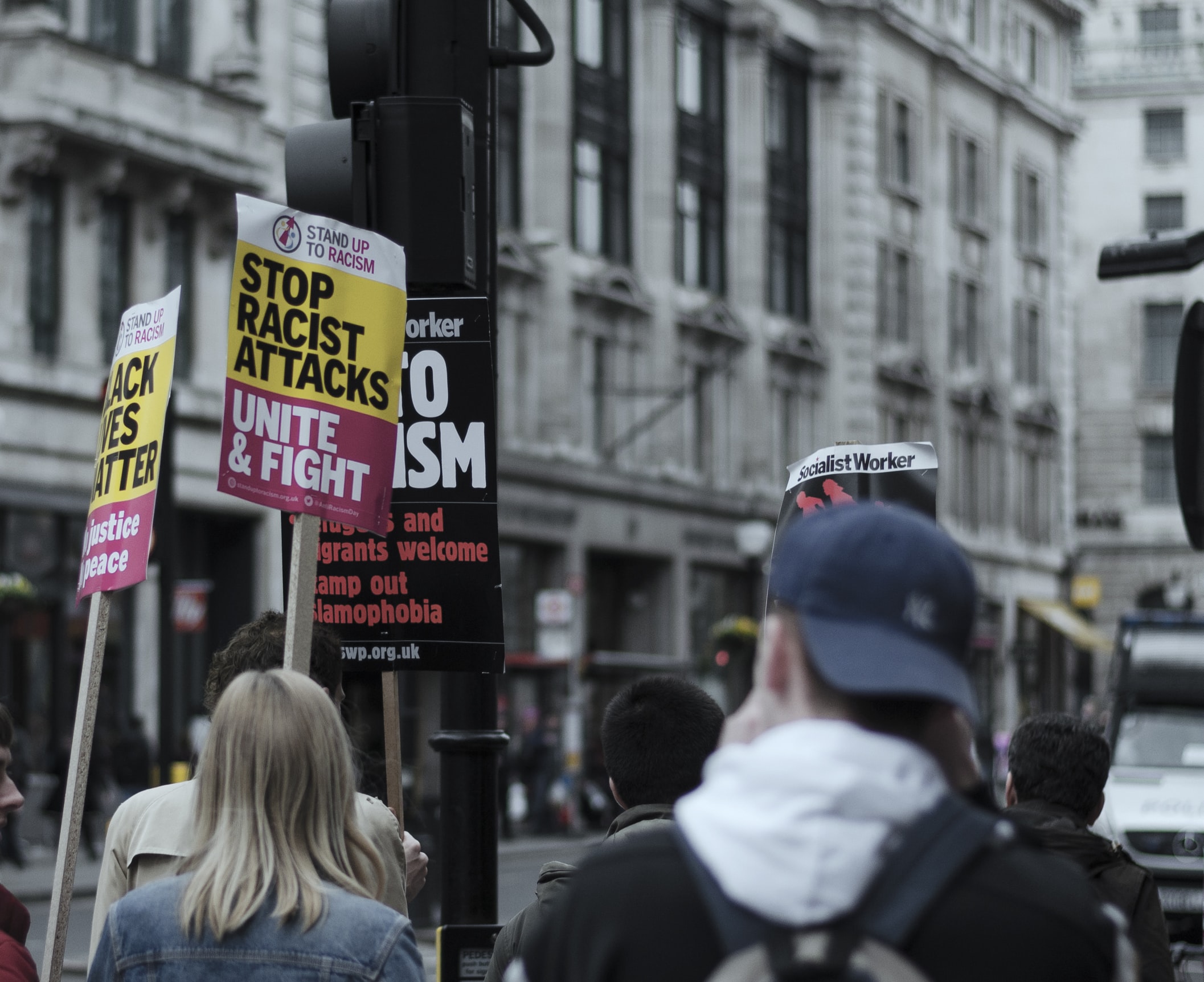
- Sustainable Planet -
- 6mins -
- 280 views
Guardian to ban advertising from fossil fuel companies
Guardian Media Group has announced it will no longer be accepting ads from fossil fuel extractive companies across any of its websites, apps or print products amid efforts to reduce the company’s carbon footprint and increase reporting on the climate emergency.
Guardian Group is first major global news organisation to ban oil company ads
The Guardian will no longer accept advertising from oil and gas companies, becoming the first major global news organisation to institute an outright ban on taking money from companies that extract fossil fuels. The move, which follows efforts to reduce the company’s carbon footprint and increase reporting on the climate emergency, was announced on Wednesday and will be implemented with immediate effect. The ban will apply to any business primarily involved in extracting fossil fuels, including many of the world’s largest polluters.

Guardian bans ads from fossil fuel firms
Guardian Media Group has said it will no longer accept ads from fossil fuel extractive companies across any of its websites, apps or print products.
The publisher said the move, which follows its efforts five years ago to divest from fossil fuel companies, was "based on the decades-long efforts by many in that industry to prevent meaningful climate action by governments around the world".
It means The Guardian will no longer feature advertising for brands such as Shell and BP. In 2016, The Guardian was called out for featuring a "Shell working mum’s partner zone" sponsored by the oil giant.
It is thought the decision will cost the publisher in the region of £500,000 annually. However, it will not go beyond businesses directly involved in fossil fuel extraction, meaning The Guardian will continue to take ads for brands in other sectors with a high carbon footprint, such as cars and airlines.
In a blog post, chief customer officer Anna Bateson and chief revenue officer Hamish Nicklin acknowledged that the move would not go far enough for many of the newsbrand’s progressive readers.
But they argued that stopping all ads for products with a high carbon footprint "would be a severe financial blow, and might force us to make significant cuts to Guardian and Observer journalism around the world".
They continued: "More importantly, fossil fuel extractors are qualitatively different. The intent – and extent – of their lobbying efforts has explicitly harmed the environmental cause over the course of many years – as our own reporting has shown and environmental campaigners have powerfully argued.
"Many environmental experts have called out the difference between fossil fuel extractors and their foundational role in the carbon economy, and other sectors with high emissions."
Source: CampaignLive.co.uk

Greenpeace welcome Guardian’s move
The Guardian’s move comes three months after two of the UK’s leading arts companies, the Royal Shakespeare Company and the National Theatre, ended sponsorship partnerships with BP and Shell respectively.
Bateson and Nicklin were clear the move was not intended to be critical of advertising in general, which remains the single largest contributor of revenue to The Guardian, despite a significant effort in recent years to grow reader contributions.
"We believe that good advertising, done responsibly, can be a positive for the economy and the world, as well as providing an important way of sustaining The Guardian’s journalism. So we will continue to accept other forms of advertising as we continue to seek long-term financial sustainability for The Guardian."
Greenpeace, the environmental campaigning group, welcomed The Guardian’s move.
"For too long fossil fuel giants like BP and Shell, who are causing our climate emergency, have been able to get away with greenwash advertising while investing 97% of their business in oil and gas," Mel Evans, senior climate campaigner for Greenpeace UK, said.
“This is a watershed moment, and The Guardian must be applauded for this bold move to end the legitimacy of fossil fuels. Oil and gas firms now find themselves alongside tobacco companies as businesses that threaten the health and well-being of everyone on this planet."
Greenpeace added: "Other media outlets, arts and sports organisations must now follow suit and end fossil fuel company advertising and sponsorship."
The Guardian made about £90m from advertising, which includes classified ads, last year.
It is thought fossil fuel advertising made up somewhere close to 1% of non-classified revenue such as display and sponsorship. The publisher’s finances remain delicately balanced as it broke even last year for the first time in decades.
Source: CampaignLive.co.uk
IN OTHER MEDIA NEWS — STOP FUNDING HATE: TACKLING DIVISIVE MEDIA HATE CAMPAIGNS — see below.

Stop Funding Hate: tackling divisive media hate campaigns
Newspaper editors have a strong incentive to run sensationalist anti-migrant headlines: it boosts their readership – and that means they can earn more from advertising.
Many of these advertisers have strong ethical stances on other issues: on discrimination in the workplace, on their supply chains, on their role in their communities. But when it comes to choosing which publications they fund with their advertising budgets, their own ethics and values have often been ignored. Until now.
Stop Funding Hate began when a group of people came together online to express concern at the way certain newspapers were using hate and division to drive sales. Advertisers are a major part of this business model of hate. As newspaper sales decline, their ads fund the hate that is being printed.
Sadly, this is nothing new. Minorities and vulnerable groups have been experiencing hate in the media for decades. In 2015 the UN Human Rights Chief, Zeid Ra’ad Al Hussein, made a powerful statement about these newspapers, urging the UK to examine incitement to hatred in the UK media, and specifically calling out the Sun, Daily Mail and Daily Express for their sustained attack on refugees and migrants.
Hundreds of thousand of people have now taken action to persuade companies to stop funding hate. In November 2016, Lego announced they would no longer be advertising in the Daily Mail. In Feburary 2017, the Body Shop ended their relationship with the paper. And companies such as Bellroy, Thread and the Phone Co-op have all committed to ethical advertising, promising not to advertise the Daily Mail, Daily Express or Sun.
To join the campaign head over to Facebook or Twitter. And please take a look at how you can get involved.
Ethical advertisers
There is now a growing list of companies that don’t advertise in the Sun, Daily Mail and other publications that use hate for clicks. For both print and online advertising, consumer pressure is working. Take a look at the list and if your favourite company isn’t on there, get in touch with them to ask why.
Source: StopFundingHate.info

